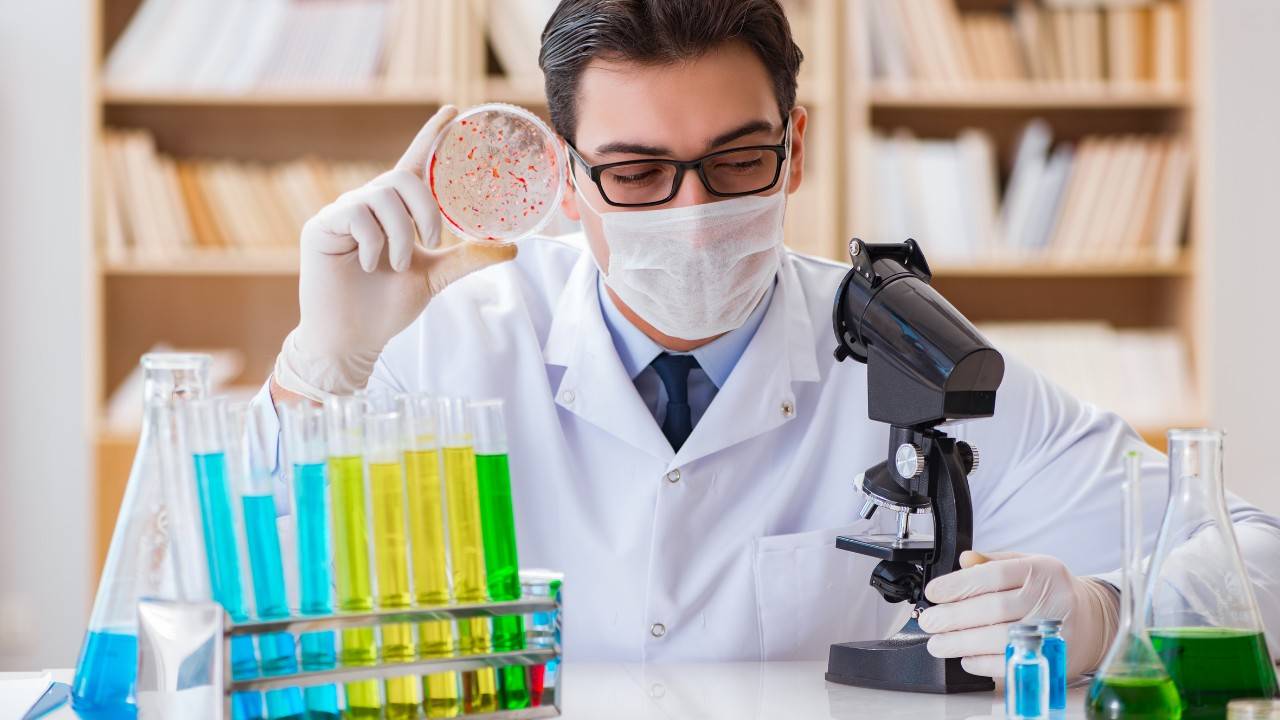The manufacture of nylon might be revolutionized, as scientists discover bacteria that make the whole process not only sustainable but also emission-free.
Scientists from the University of Edinburgh are experimenting with bacteria that can transform guaiacol, a compound naturally occurring in plants, into adipic acid.
Adipic acid, which is the key component in nylon production, is traditionally made using fossil fuels and “dirty technology.”
The scientists, however, managed to alter the genetic code of the common E. coli bacteria. After a 24-hour incubation period, the modified bacteria transformed guaiacol into adipic acid, without greenhouse gas byproducts.
This environmentally-friendly technology could easily be scaled up to produce adipic acid on an industrial level.
As reported by ScienceDaily, the team is continually finding new ways of using bacteria to produce chemicals.
“‘I am really excited by these results. It is the first time adipic acid has been made directly from guaiacol, which is one of the largest untapped renewable resources on the planet. This could entirely change how nylon is made. If bacteria can be programmed to help make nylon from plant waste — something that cannot be achieved using traditional chemical methods — we must ask ourselves what else they could do, and where the limits lie,’ said Jack Suitor from Edinburgh’s School of Biological Sciences.”
Microbes are already being used to ferment food and beverage, and now they can be used to ferment materials and medicines, opening up endless possibilities.


